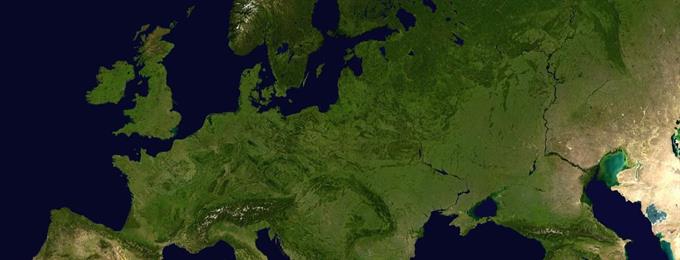On 15 April, at the last plenary meeting, the European Parliament decided to close and to confirm future negotiation mandates.
As reported in past editions of the Synopsis, the European Commission (EC) was keen to finalised as many legislative proposals as possible before the European elections on 23-25 May. It was in the interest of the European Union (EU), the EC argued, to conclude the adoptions of the next generation of programmes early to avoid any delay of implementation. The co-legislative bodies, the European Parliament (EP) and the Council of the EU, proceeded swiftly and pulled the extra hours together to reach out to compromise on some very important programmes such as Horizon Europe, the Digital Europe Programme or InvestEU. The outcome of the interinstitutional compromises has been confirmed at the 15 April plenary meeting, depending of course on the conclusion of a final agreement on the 2021-2027 EU Multiannual Financial Framework (MFF). Note that the conditions, guiding the association of third countries to those programmes, have not been decided yet either.
Apart from the programmes listed above, other important legislative proposals for education, research and innovation have not been agreed yet such as, among others, the next Erasmus programme or the proposal for a European Cybersecurity Competence Centre. For those files, the EP has confirmed its negotiating position. However, it is up to the newly-elected Members of the European Parliament (MEPs) to conclude the discussions and potentially reopen some of its core elements.
Of course, “nothing is agreed until everything is agreed”. It is well possible that, due to strong budget cuts in the MFF or shifting political priorities, parts of Horizon Europe, the Digital Europe Programme or investEU are altered. This explains why European stakeholder organisations have been vocal about Horizon Europe this month (see Synopsis article). These organisations will keep the pressure on the newly elected institutions.
According to the European elections timetable, those discussions however will only start once the responsibilities within the EP have been made clear and the College of Commissioners been appointed. This means that no significant decision is expected before November.

